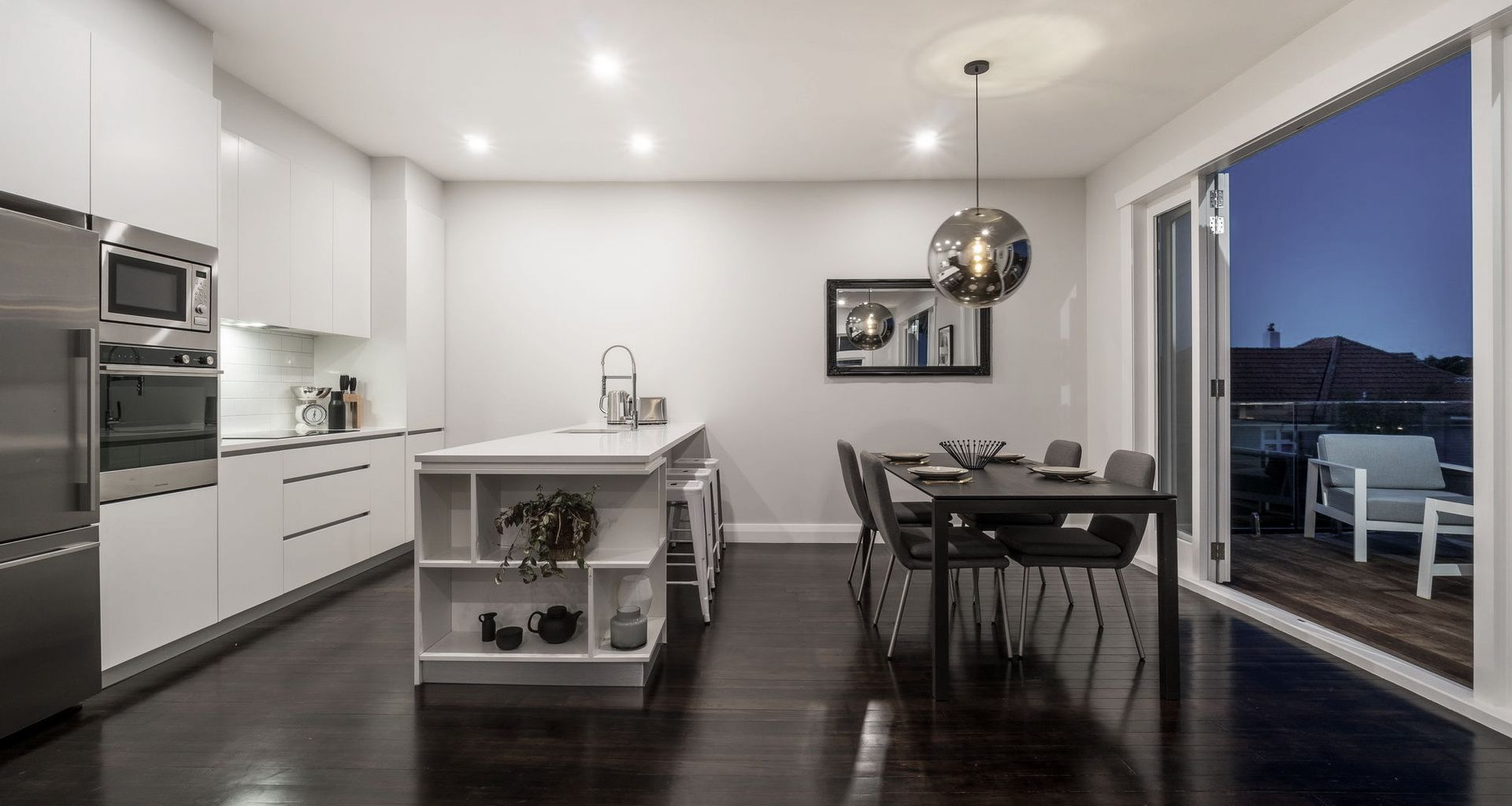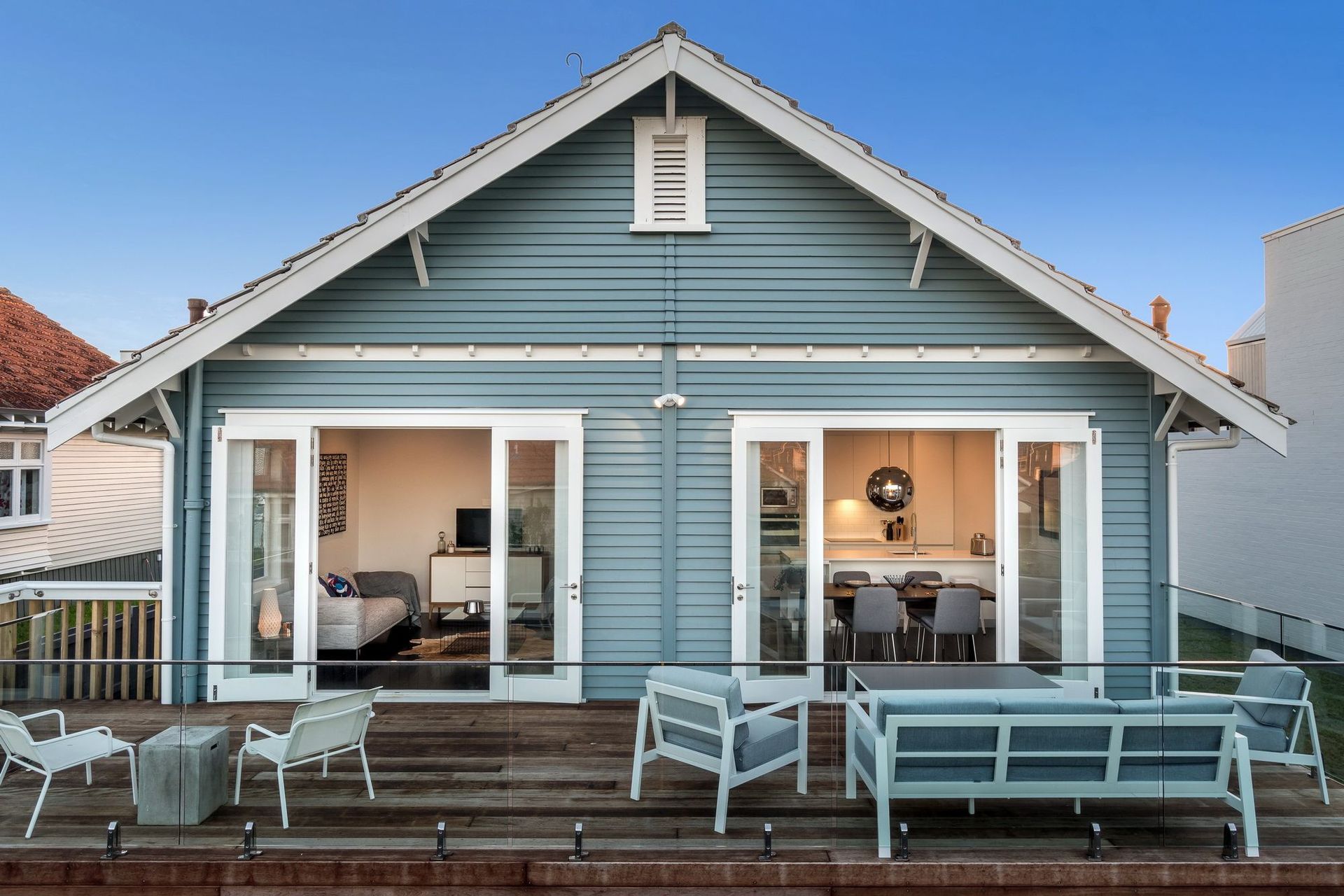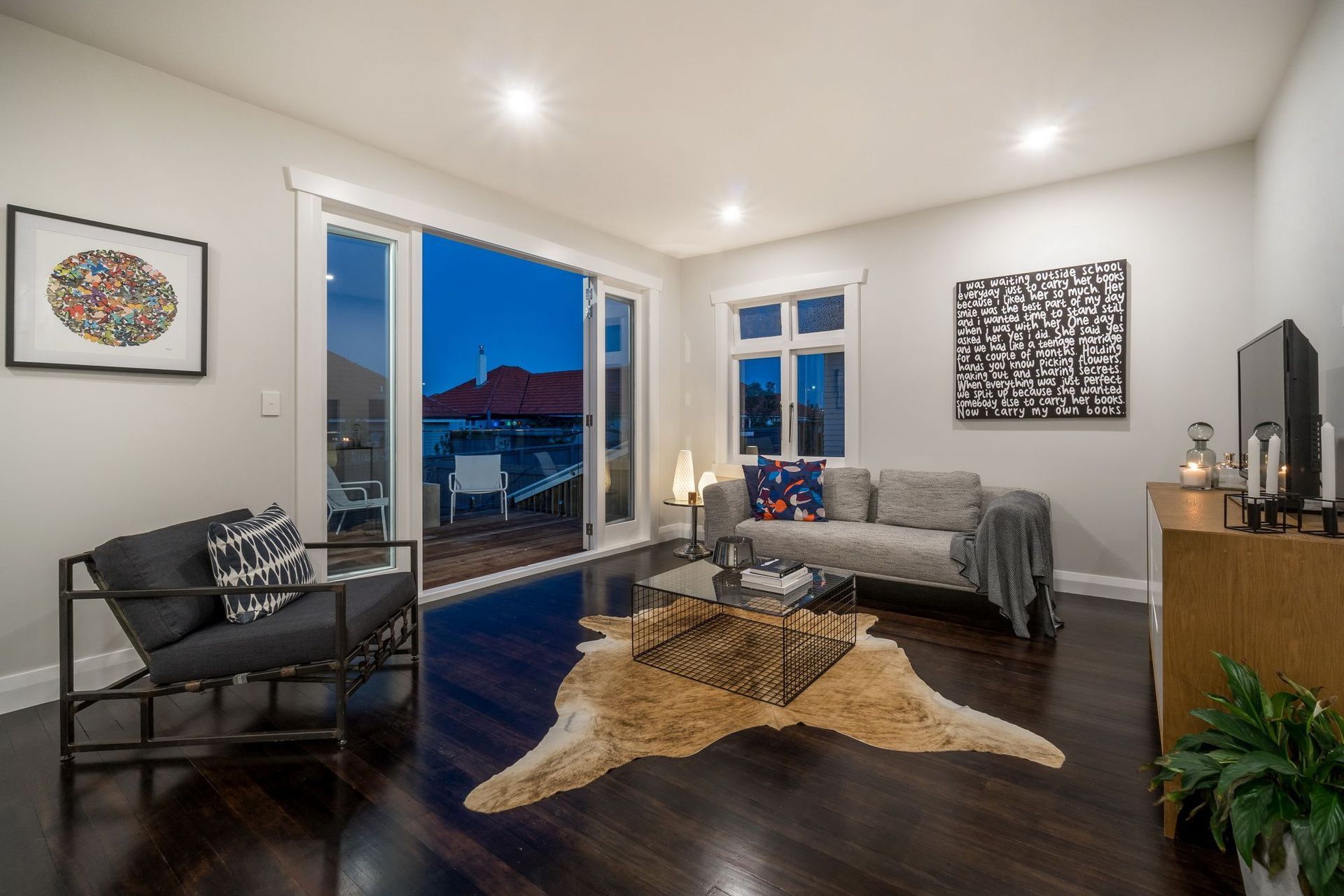Auckland Home Renovations Budget Ideas

Home Renovations – The Key Part – Knowing your Budget
Before you embark on a house renovation, the most important job you must do is to work out what budget you can afford. By doing this at the start of the project you will save yourself a lot of time, energy, and possible disappointment. Imagine building up a picture in your mind of a wonderful renovation to your home, getting all excited about the new house only to have your hopes dashed when you talk to an experienced home renovations builder who gives you a ball-park estimate twice as high as your funding.
It is much better for you, and the renovation builders too, to have a clear idea of what you can afford.
Here are some questions we come across when we talk to potential clients about a building budget.
How Do I Know What I Can Afford To Build Or Do Within My Budget?Prices will vary a lot depending on
- the size of the building
- the state of the current building
- the building plot, is it flat or sloping?
- the grade of renovation materials you want
- and many more
CoreLogic, a property information, analytics and services provider, suggest that building in Auckland is in the region of $2300 per sq metre. That means that building a typical new house would cost $445,000.
However, they go on to warn of “invisible costs” including:
- The cost of the land itself
- Architect or designer fees
- Council and other regulatory permits
- Admin costs for sub-division or in-fill
- Groundwork if it is a sloping section
- Development costs i.e. getting services to the building which alone can be $60,000.
This means you are looking at close to $600,000 before the cost of the land. Talk to your bank or mortgage broker to see if those figures are affordable to you and if they are prepared to lend on the property.
Have A Very Clear Idea Of What You WantOne of the biggest causes of costs over-running is clients changing their mind part-way through the build. As a renovation builder, it causes us no-end of problems making changes, but we have to pass on the extra costs to the client. This could be up to an extra 50% on the original cost. To avoid big additional costs, be clear from the outset what you want.
We suggest people have two lists:
- The must-haves
- The nice to haves if budget allows.
With our experience we can advise you on what is feasible and what it is better to cross off.
Remember too, that most renovations must have consent from the Council. The approval process can months and any significant changes to the plans can take weeks. To minimise the delays to your house building or home renovation project, have clear, and fixed idea from the start.
Be Very Clear On Your BudgetThis is a combination of the first two steps.
Once you have a reasonably good idea of your budget, plus a clear plan of what you want, then you can hire an architect or designer to convert those into building plans.
Ideally we can work through those at the concept stage with you to explain where costs might be saved or what additional costs you might be looking at.
These steps save so much time and disappointment, both for us, and for the client. If the client has a more modest budget, then it saves them the significant cost of having useless plans drawn up.
Be clear, even ruthless from the start about your building or home renovations ambitions.
When Should You Involve The Builder?A builder cannot determine your budget for you. You have to decide that with your financiers.
We work out the costs of converting your design into a finished home. That includes, groundworks, consents, labour including sub-contractors, materials, and finishes.
If that pricing is significantly above your budget, with our experience we can look at the design and work with your architect to suggest changes so that the finished home will be closer to your budget.
However, we can talk to you before you hire an architect to give you a ball-park figure based on your outline and having seen the section we are building on. This will help you and the designer to come up with a design that is within your agreed budget. We are happy to come along to your property to discuss this with you. We can also suggest a suitable architect or draughtsman based on your project type and budget.
How much to budget for house renovations
Changes To The Plan During The Build ProcessAs mentioned before, changes to the plan once the home renovations building process has started are costly, on a number of fronts.
As a builder, changes during the project are not welcome but in the end we are going to be paid for them so it doesn’t affect us apart from frustration or being late for our next job. But for the client the changes can cost thousands of extra dollars.
If the changes are significant like the footprint of the project such as making the rooms bigger or adding an extra room, that means the plans have to be re-drawn and re-submitted to the Council.
You will have extra costs such as:-
- design and drawing fees
- costs for the Consent
- additional construction costs- as well as rental and site cost if project has already been started
- material costs.
- Re-pricing and administration costs
Plus of course, this will add time to the overall project. If you are living in rented accommodation, then you will have extra rent to pay too. That might result in having to renew your lease on the rental property.
As stated above, have a clear idea from the start, and don’t make significant deviations from it.
The Quality Of the FinishThis relates to the carpet, fixtures and fittings, appliances, bathroom fit-out, lighting, and even the quality of paint that you want to use or fits within the budget.
This is often an aspect that can add a significant over-run to the total project cost. People decide to have a more expensive style of taps, or higher spec appliances in the kitchen or bathroom. Even door handles can add thousands to the original cost.
You can easily go from a $60 door handle to one over $250, and remember, you need two handles per door. If you have cupboards, closets as well as room doors, you could easily need 15 doors. That change in door furniture would cost almost $3,000 more. Be clear on the standard of finish you want or can afford, and stick to it.
Summing Up Home Renovations And Building BudgetsThe strong message is to have a very clear idea of both budget and expectations from the start, and to not make significant changes to that. Any change will cost you time and a lot of extra money.
At Cain Built we are more than happy to discuss your ideas for your home renovations before you approach an architect or designer to help gauge the potential project cost, and make suggestions based on our years of experience in the building industry. This will help you fix those ideas and costs from an early stage.
If you’d like to have a chat about your building or renovation project in the Auckland area, call us on 0800 224 628 or if you prefer, you can email admin@cainbuilt.co.nz.


